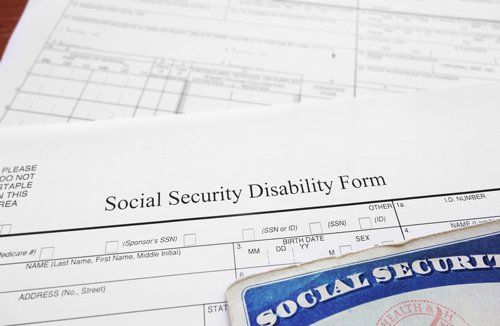
Even though you have applied and been approved for Social Security Disability Insurance, it does not mean that you can never return to work. If your condition improves to the point that you are able to work again, not only will you be able to the workforce, but you will be able to keep your Social Security benefits for a certain period of time.
This time is referred to as a disability trial work period, and there are a few things that you may want to know about it.
How Does a Disability Trial Work Period Operate?
If you and your doctor feel that you may be able to return to the workforce, you can try it out for up to nine months without jeopardizing your benefits. This is because under the trial work period, every five years you are eligible to attempt to return to work for nine months while continuing to keep receiving your Social Security disability benefits.
During this nine month period, Social Security will review your record to determine how much you have earned each month. If you have earned more than $1,170 per month which is defined as "substantial gainful activity" (SGA), your benefits will stop. If you have earned less than $840 or worked less than 80 hours if self-employed, no matter how much you earned, the month will not count in your trial.
The nine months do not have to be consecutive. You can start and stop your work trial as needed during the five year period. If you do not exhaust your trial period by working all nine of your months, it may reset once a five year period has passed. This will mean that you will be eligible for nine more months.
For example, if you return to a job working 30 hours per week at $10 an hour, you would earn $1200 per month, which is considered substantial gainful activity. However, if after six months of working this number of hours, your physical condition dictates that you reduce your hours to 25 hours, you will only be earning $1000, which is not considered substantial gainful activity.
The months that you work this number of hours will not count towards your trial. If you do not go back to making over $1170, you would be eligible for nine more months once five years have passed.
A trial work period can be a wonderful opportunity for you to attempt to return to work without you having to worry about how you are going to pay your bills if you are unsuccessful.
What Is an Extended Period of Eligibility (EPE)?
In addition to the nine months trial period, you will also be eligible for an extended period of eligibility, which will last for a total of three years. For the first three months following your trial work period that you earn above your SGA, you will be eligible for a special grace period during which you will continue to receive your benefits.
Following this three month period, you will then have thirty-three additional months, for a total of three years, in which you will be eligible to receive benefits if your income drops below SGA. After this, your eligibility for benefits will stop.
Returning to work while receiving SSDI benefits may or may not be in your best interest. Once you lose your benefits, you may have to go back through the qualification process again.
The attorneys at Milam Law
will be glad to advise you on any matters concerning your Social Security Disability Insurance. We have years of experience in the field, and will not only ensure that you get your benefits, but will help make sure you keep your benefits.







